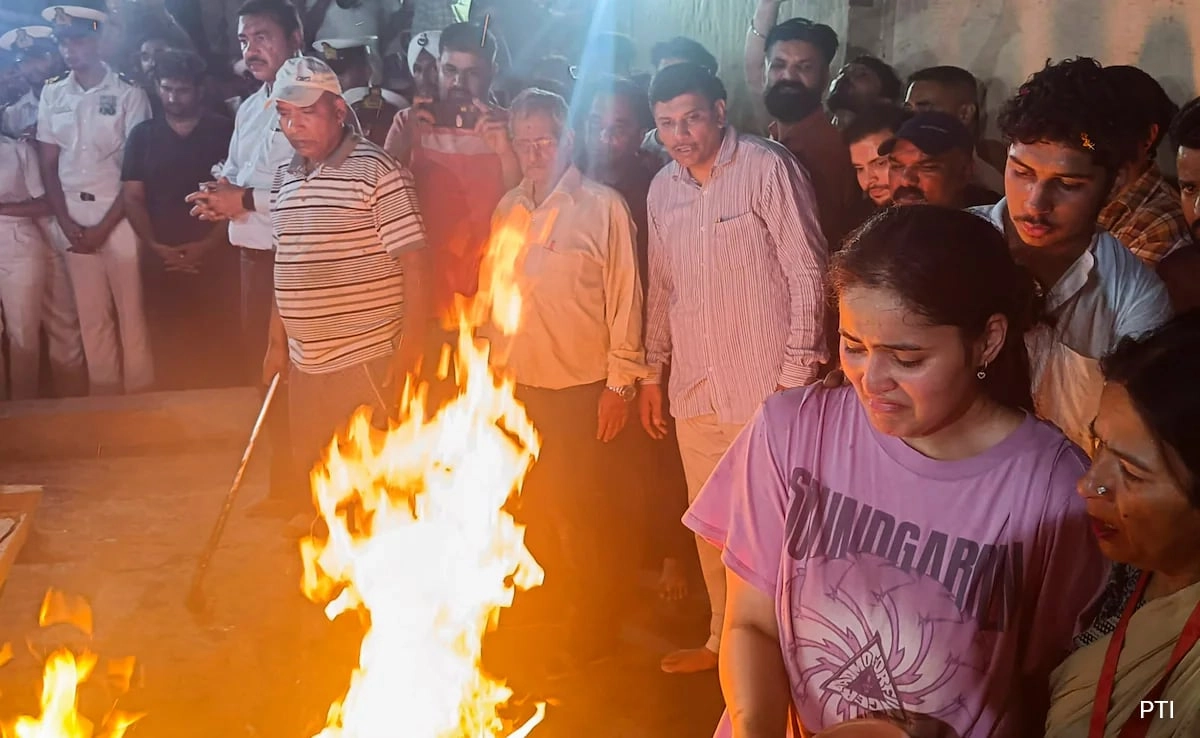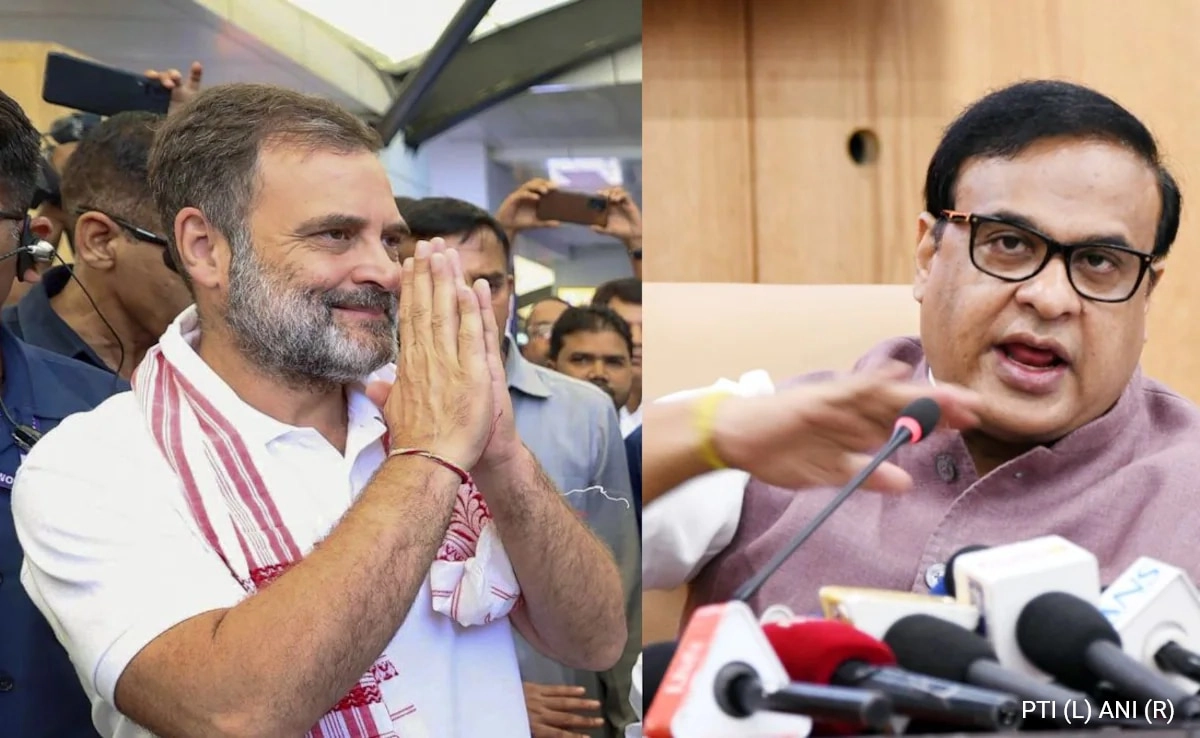In a significant escalation of ongoing hostilities, Israel has launched a targeted strike against Muhammad Sinwar, a prominent Hamas militant leader, as part of its military operations in Gaza. Sinwar, known for his influential role within the Hamas organization, has been a key figure in orchestrating various attacks against Israel and is viewed as a principal architect of the group’s military strategies. His targeting underscores Israel’s commitment to dismantling the leadership structure of Hamas, which has been engaged in a long-standing conflict with the Israeli state. The strike highlights the intensity of the current confrontations in the region, with both sides persistently exchanging hostilities amidst a backdrop of deep-seated political and social tensions.
The fate of Sinwar following the airstrike remains uncertain, raising questions about the potential ramifications for Hamas and the broader conflict in Gaza. Should he have survived, Sinwar’s continued leadership could galvanize Hamas forces, potentially leading to an uptick in retaliatory attacks against Israel. Conversely, if he has been killed, the loss of such a high-ranking figure could create a power vacuum within Hamas, leading to internal strife or a shift in operational tactics. The ongoing situation reflects the precarious balance of power in the region, where leadership changes can have far-reaching consequences for both militant groups and the Israeli military.
Israel’s decision to target Sinwar is indicative of its broader strategy to neutralize threats emanating from Gaza. This strategy is not only aimed at safeguarding its national security but also at sending a message to Hamas and other militant organizations that their leadership is not beyond the reach of Israeli military capabilities. The conflict remains complex, with civilian casualties and humanitarian concerns complicating military objectives. As the situation develops, the international community watches closely, urging restraint and advocating for a resolution that addresses the underlying issues fueling the violence. The outcome of such targeted strikes could shape the future dynamics of the Israeli-Palestinian conflict, underscoring the urgent need for dialogue and peace-building efforts in the region.




